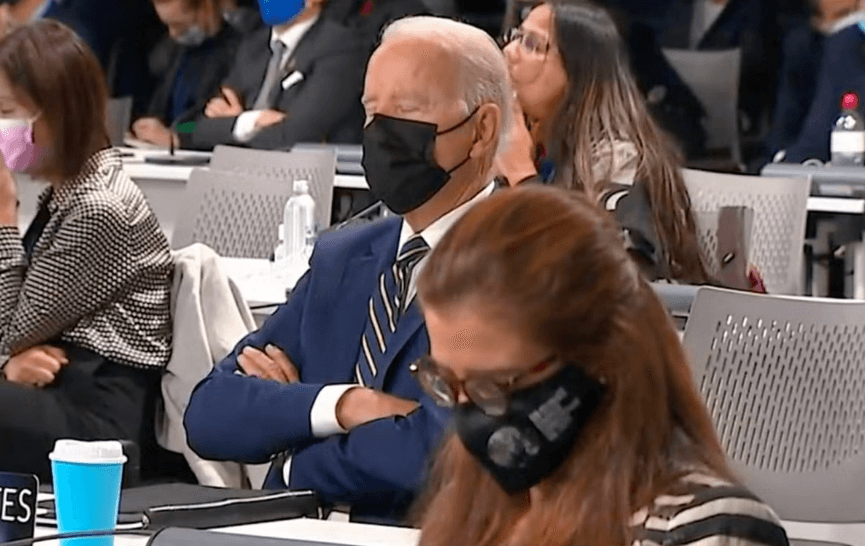I’m pleased and privileged to have attended Triple-I’s Town Hall — “Attacking the Risk Crisis” — here in Washington, D.C.
It was during an intimate session at the Mayflower Hotel on November 30 that over 120 attendees heard from the specialized experts in insurance, government, academia, nonprofits, and other stakeholder groups who spoke on climate risk and what is being done to address it, and what still remains to be done.
TRIPLE-I TOWN HALL AMPLIFIED CALLS TO ATTACK CLIMATE RISK
The first Triple-I Town Hall was supposed to be genuinely engaging and enlightening in regard to the most relevant issues in perception and management of risks for the insurance sector. One common thread that runs through seems to be this: from reaction to proactive strategies regarding risk, a pervasive trend toward preemption and resilience-building in many respects.
The extent of moderators and panelists with different backgrounds and experience probably gave a well-rounded view of the problems and solutions. It is indeed refreshing to see such collaboration among industry leaders, academics, and policymakers at work, represented through persons from organizations like Colorado State University, Marsh McLennan, and FEMA.
In addition to all that, the structured format of the event with focused discussions on climate risk, innovation, and regulatory challenges seemed to facilitate a meaningful discourse with actionable insights. Again, taking the Town Hall on the road with plans for local and regional events further adds to the commitment to further engagement and community involvement.
CLIMATE RISK
Climate risk refers to the various forms of potential impacts and challenges arising from climate change, from extreme weather events to rises in sea level, changes in temperature and precipitation, and associated impacts on ecosystems, economies, and societies. The risks are sufficiently challenging for sectors related to the insurance industry, agriculture, infrastructure, and public health.
Because of this reality, in the insurance area there are some types of climate risk, such as:
- Increased Frequency and Severity of Natural Disasters: This leads to increased frequency and intensity of extreme weather-related events such as hurricanes, floods, wildfires, drought, and others. These might cause massive property damage, loss of business, and loss of life, hereby bringing in heavy financial liabilities on the insurers.
- Risk profiles are shifting: Climate change changes the risk profiles of insured assets and liabilities. For instance, sea level rise increases exposure to coastal properties, while changes in rainfall may impinge on agriculture and water resources, shifting insurance demand and pricing.
- Long-term liability: There may be a long-term liability for insurers arising from climate-related risks, including health and mortality, liability claims with regard to climate-related damages, and regulatory changes for mitigating climate risks.
The transition risks include those to insurers from the process of transition to a low-carbon economy. Changing regulations, advancing technology, and shifting consumer preference are examples of sources of transition risk that may depress the value of investments, underwriting practices, or even hit the bottom line of the financial performance of insurers.
Climate risk can be covered comprehensively using the following approach: assessment, mitigation, adaptation, and resilience-building efforts.
Above all, the role of insurers is particularly important, since they engage in underwriting, pricing, and investing related to climate risks, incentivize their policyholders to reduce these risks, and support policies that allow an overall climate-resilient and sustainable development process.





![[MUSIC] Ceaser Music – Loved ft E. Daniels](https://magazinvehaber.com/wp-content/uploads/2024/03/Ceasar-Music-Loved.jpeg)

Leave a Reply